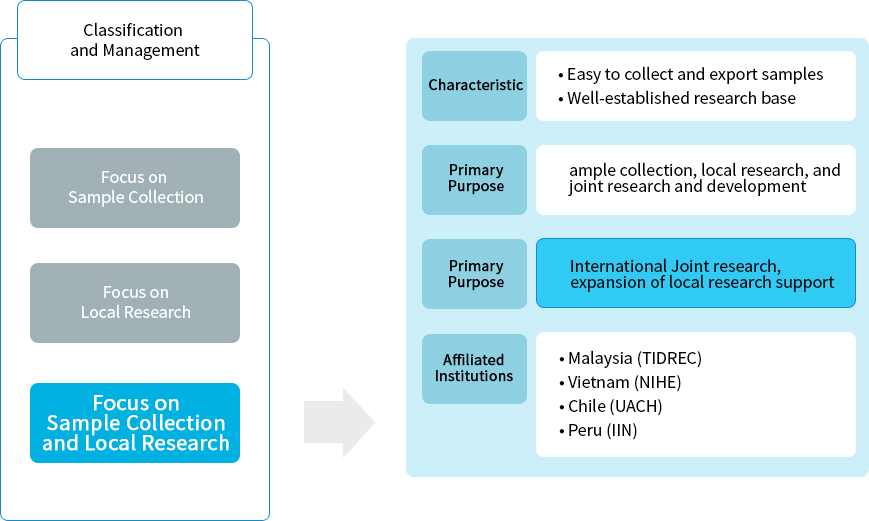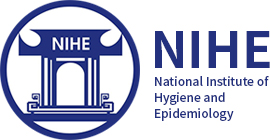
Malaysia - University of Malaya (UM, Tropical Infectious Disease Research & Education Center)
- University of Malaya established Tropical Infectious Diseases Research and Education Centre (TIDREC) to conduct collaborative research with various international institutes and organization in education and research on infectious diseases actively.
- Since 1982, it has been designated as the World Health Organization (WHO) research cooperation center for various infectious diseases such as dengue, arbovirus, tick-mediated encephalitis, nippa, paramixo, and other tropical diseases.
- TIDREC can collect clinical samples such as dengue and chikungunya. With its technology and facilities, it is possible to conduct test for prototype. This laboratory can mediate local testing of domestic (Korean) companies.




